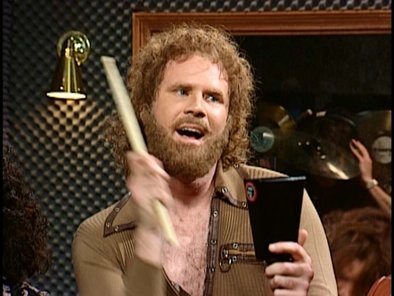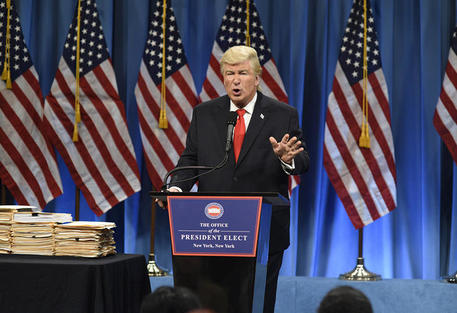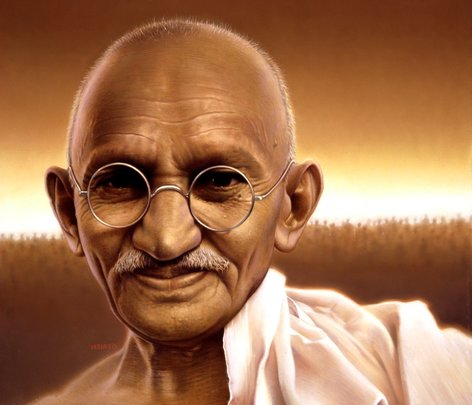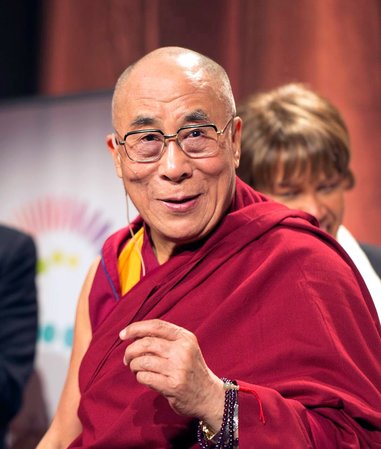Twenty-first century flippancy seems to be alive and well, even thriving. As a substitute teacher, I see it in the playgrounds and classrooms, beginning to come to the fore as early as Grade Four, becoming fully-blown in the Junior High years and then. . . . Well, that’s really the problem, I think—I’m not sure it ever comes to an end any more.
It sometimes evolves into satire, which can be outrageously funny, biting, and on occasion (though rarely, I think) the spur to constructive political action. All too often, however, it stays stuck in its adolescent form: an aimless disrespectful levity, which really takes us nowhere, other than providing a transitory chuckle and a likely unwarranted sense of superiority.
It took some time, but eventually I found myself ready to say goodbye to flippancy. Okay, I would say to myself. Very good, you have made light of some behaviour you think is pompous, absurd, hypocritical, but what now? What do you propose to do about it? When sharing these questions with my peers, I was generally greeted with a shrug and the unspoken message that I was “not cool” and should really “get a life.”
Flippancy has followed me wherever I have gone. It is the mainstay of many genres of Hollywood movies, a prevailing attitude among young literati; it defines the locker room banter of many male athletic teams. I get it. Disparaging others can be a powerful bonding agent. And, I admit, I like good satire as much as the next person—I’m a fan of the TV show 22 Minutes and I find some of the skits on Saturday Night Live side-splittingly funny.
Well. . . I suppose I would—not all laughter certainly—but excessive, unrelenting, even compulsory laughter, yes. I have heard people insist that the trait they value most in others is a sense of humour. Okay, I like a good laugh too. And it is good when people do not take themselves too seriously. It is good to be reminded that each of us is flawed. But is a sense of humour more important than honesty, generosity, compassion, or a thirst for justice?
Yes, I think it’s true: for at least a generation, we have abandoned our respect for gravitas. Certainly we’ve lost our respect for authority. It’s not hard to understand why. Unquestioned obedience has led to war, sexual abuse and many other crimes, but the rejection of gravitas wholesale has come at a price. Now we seem to have entered the age of alternative facts, and fake news, and a world in which everyone’s opinion is treated equally. This is a sure recipe for societal disaster. When contemplating brain surgery, I’m absolutely going to prefer the opinion of my doctor over my plumber.
I think people who work daily on important issues of justice and truth appreciate humour as much as anyone, maybe more so. I believe this is also true for scientists and artists, and for anyone who devotes his life to seeking truth. For me, some best senses of humour can be found among astrophysicists who often laugh themselves silly over puns. (Some regard puns as the lowest form of humour, I’m told, in which case, I am a poor lowly creature, I’m afraid.) Gravitas and a sense of humour go together very nicely, but generally, in this duet, you’ll find humour of a different flavour. Humour that does not disparage. Humour that dances, and finds joy in the commonality of humanity.
Flippancy, and its better-dressed brother satire, have a place, but should also have an expiry date. A devotion to it is almost a right of passage for adolescents, but its place in the world of a fully-integrated adult should be limited.
A satirical skit to point out the absurdity of a political policy is just fine, much appreciated. But don’t give me a steady diet of such humour. I worry about a world in which satire makes up our only real response to corruption and injustice. Satire turns too easily into cynicism, and cynicism leads very quickly into inaction and even helplessness.
Yes, my friends, while it may be true that what the world needs is “a little more cow bell”, it needs also to be tempered by a good deal more gravitas. There is a lot of work to be done. Put your shoulder to the wheel. And do it with a light heart and laughing voice as might the Dali Lama do, or Pope Francis.




